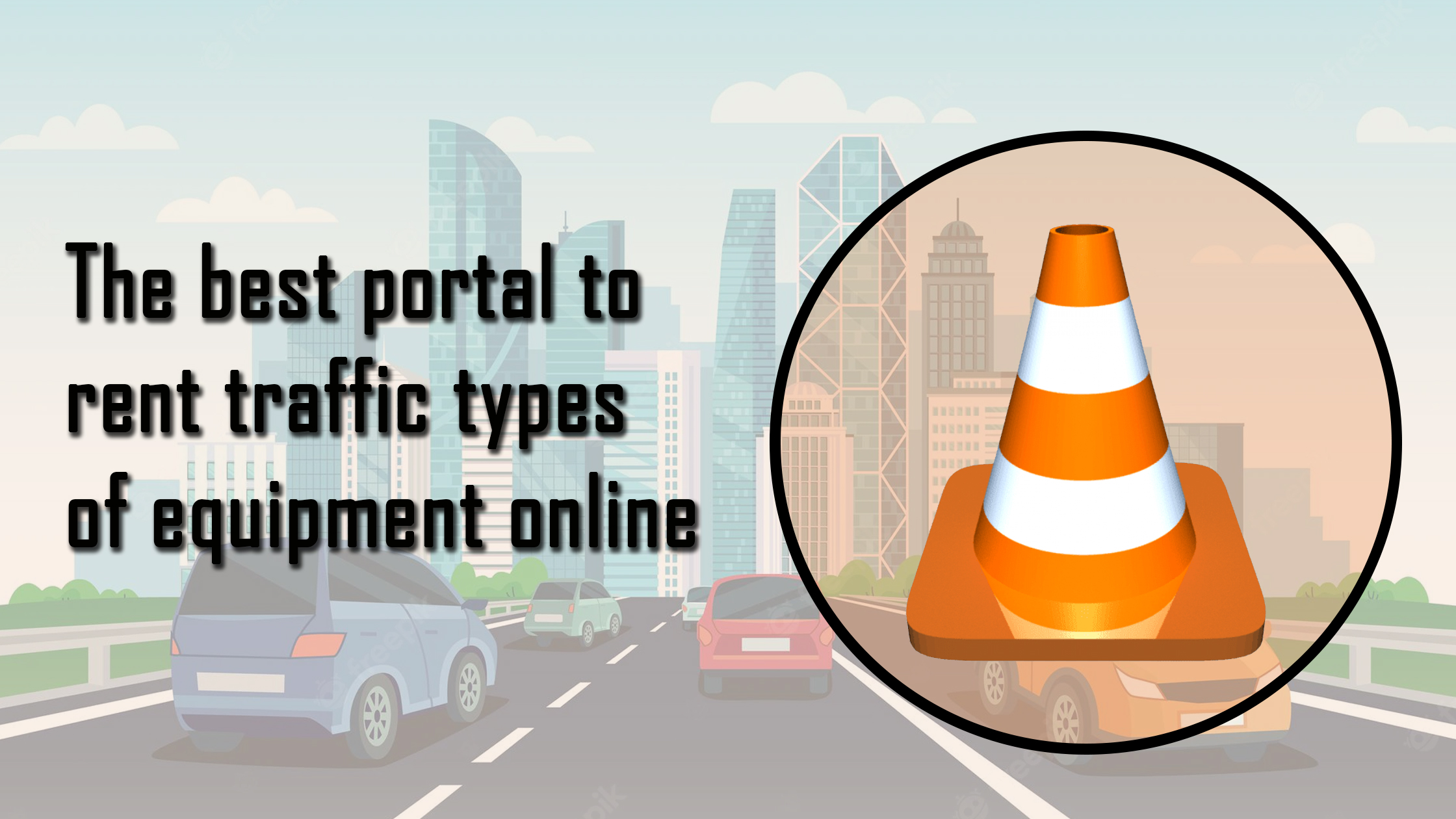When it comes to comfortable and affordable t-shirts, Gildan G800 is a classic choice that has stood the test of time. The G800 is a […]
Category: Event
Why You Should Get Married?
These are significant contemplations no doubt. Guardians clearly ought to make proper penances for the wellbeing of their children. Be that as it may, outlining […]
PARTY DRESS TYPES EVERY WOMAN SHOULD KNOW
PARTY DRESS TYPES EVERY WOMAN SHOULD KNOW When it comes to selecting party dresses for each lady attending a night out, there are a lot […]
How to choose the best sound system for a living room?
It can be hard to choose the right sound system for your home or business, especially if you’ve never set up an audio system before. […]
The 5 Little Known Secrets to Ensure Corporate Event Success!
Meeting planning is just one aspect of corporate event preparation. Even though conferences and meetings could make up the majority of your job, you might […]
The Best Portal to Rent Traffic Types of Equipment Online
Temporary signs or temporary signboards are used as notice boards. These are displayed alongside construction sites, private roads, public roads, town centers and also at […]
Make your festivals stand out with Gift Card Boxes
A gift card box is designed to hold cards to give them a professional appearance. These boxes display tickets when needed and are made from […]
Nathan’s Hot Dog Eating Contest Results
It’s that time of year again! The annual Nathan’s Hot Dog Eating Contest is just around the corner, and this year’s competition is sure to […]






